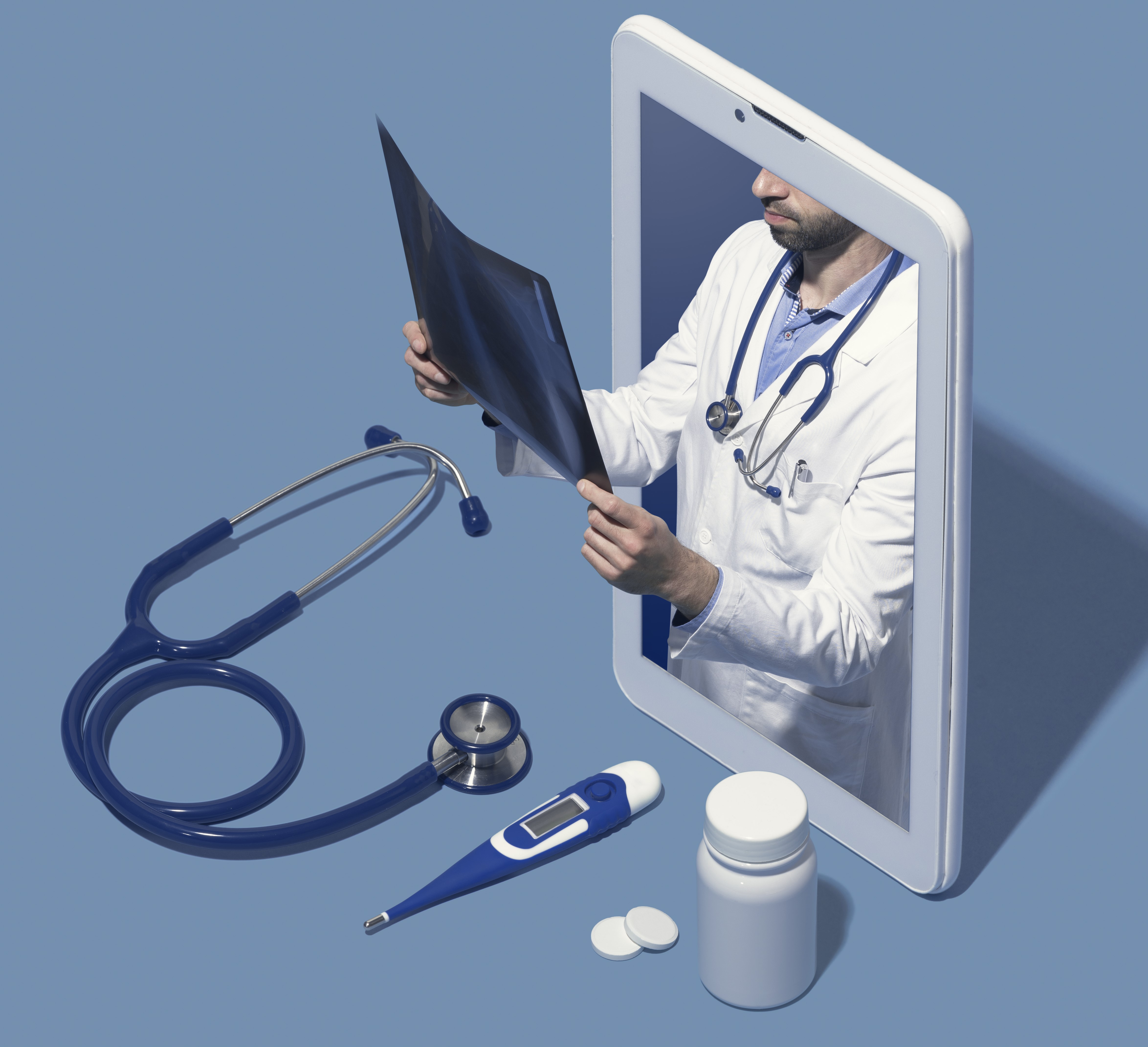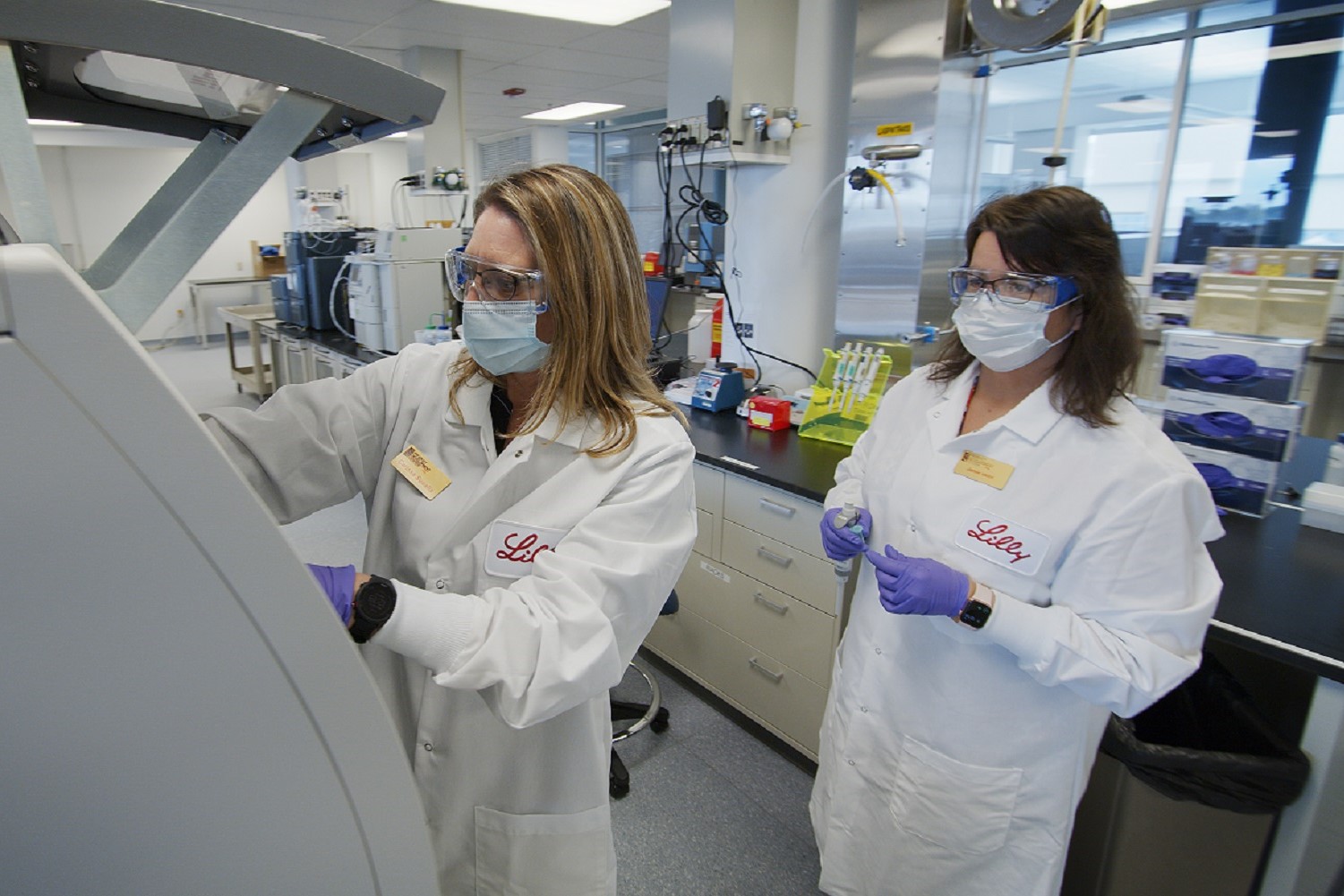Heart valve replacement device maker ValveXchange, a Cleveland Clinic spinoff, has received a $3.5 million equity investment from CryoLife (NYSE: CRY).
The investment seems to have been a long time coming for Colorado-based ValveXchange, which was established in 2001 and deemed to be at the “pre-series A” stage on Cleveland Clinic Innovations’ (CCI) website. CCI is the Clinic’s commercialization office.
In addition to the $3.5 million in equity, CryoLife will make $2 million in debt available to ValveXchange, according to a statement from the companies.

With the Rise of AI, What IP Disputes in Healthcare Are Likely to Emerge?
Munck Wilson Mandala Partner Greg Howison shared his perspective on some of the legal ramifications around AI, IP, connected devices and the data they generate, in response to emailed questions.
Based solely on the equity investment, ValveXchange’s valuation would be somewhere around $18 million. CryoLife gets a 19 percent stake in ValveXchange, plus the right of first refusal to acquire the heart valve company during a period that extends through the completion of unspecified initial commercialization milestones. CryoLife also gets the right to negotiate with ValveXchange for European distribution rights, according to the statement.
ValveXchange CEO Larry Blankenship said the investment would enable the company to bring its technology to market. The replacement valve has performed well in animal studies, and the investment will fund the first in-human studies of the device, as well as a European clinical trial.
ValveXchange says its valve, with a design featuring “exchangeable bioprosthetic leaflets,” offers advantages over transcatheter and mechanical valves that are on the market. Transcatheter valves have limited durability, while mechanical valves require patients to take lifelong doses of blood-thinning drugs that can have severe side effects.
ValveXchange’s technology consists of two major parts: a support frame that remains in the heart, and a set of leaflets that can be exchanged without open-heart surgery or cardiopulmonary bypass once they become worn out. The company refers to its device as a “lifetime” valve replacement.
The company was founded by Ivan Vesely, a biomedical engineer and cardiology researcher at Cleveland Clinic from 1993 to 2003. Vesely is ValveXchange’s chief science officer.














